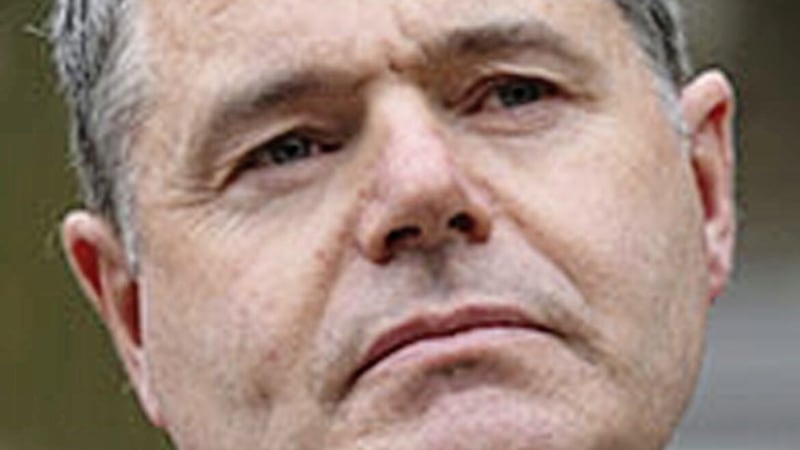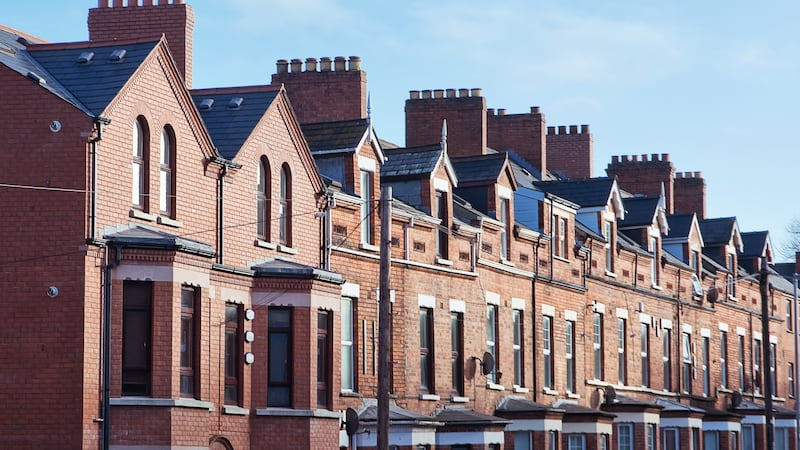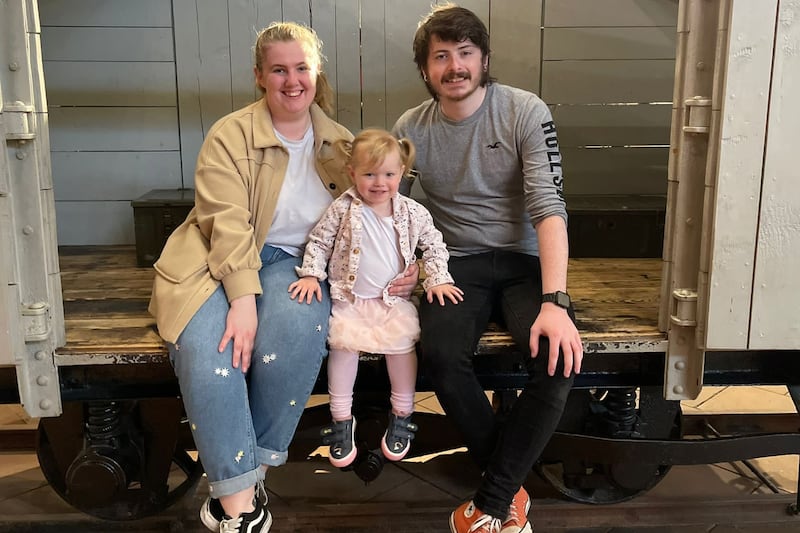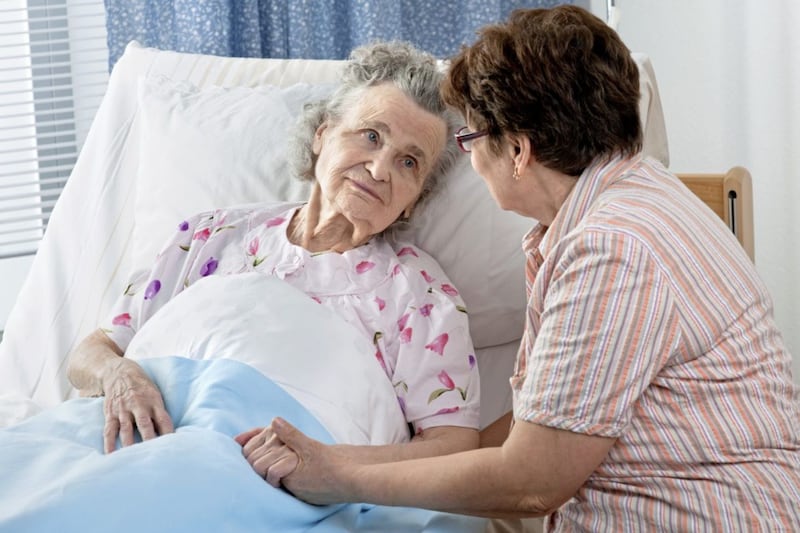THE Republic's finance minister has presented a "cost of living Budget" with an €11 billion package announced to help "individuals, families and businesses to deal with rising prices".
Paschal Donohoe said the budget package was "significant" but stressed the need to help those struggling with spiralling bills was also vital in the current economic climate.
Among the measures announced today in the Dáil was a €600 energy credit payment for all households to be paid in three instalments, and a €500 annual rent tax credit for renters.
The minister said the Republic's coalition government had to "strike a delicate balance" by drafting the budget while trying to avoid "adding fuel to the inflationary fire".
The one-off payment measures contained in the budget total €4.1 billion on top of budgetry measures for 2023 worth €6.9 billion.
They also include an increase in social welfare payments and a boost for those in receipt of Fuel Allowance and Working Family Payments.
Mr Donohoe outlined how families and pensioners were suffering the most as a result of the cost of living crisis, and it presented a fresh financial challenge for the state following the Covid-19 pandemic.
"This is why, Budget 2023...is and must be a cost-of-living budget, focused on helping individuals, families and businesses to deal with rising prices," Mr Donohoe said.
He said that future years would see the government "aim to stay within the parameters of the medium-term budgetary strategy set out last year".
"This will allow us to provide for steady improvements in public services and sustainable reductions in personal taxation while still ensuring that our public finances remain on a positive trajectory," he said.
Meanwhile, other measures announced in the Budget include a €443 million fund to tackle hospital waiting lists, while overnight hospital charges will end from next April.
Schools will benefit from a €100 million pot to ease rising energy costs, while the government's housing help-to-buy scheme is to be extended until the end of 2024.
The south's justice department will also receive funding for 1,000 more recruits into the Garda College.
As part of the one-off payment measures, up to 400,000 people will now be in line to receive the €500 rent tax credit.
Mr Donohoe said: "This measure, aimed at those who do not get any other housing supports, will apply for 2023 and subsequent years but I am providing that it may also be claimed in respect of rent paid in 2022."
On energy, the minister said the government would introduce its own windfall tax on firms if the Republic cannot be part of European Union measures currently underway.
He said it was "not fair for companies to earn excess profits from the current volatility in the market".
Speaking of help available for businesses, Mr Donohoe said a Temporary Business Energy Support Scheme would provide assistance on winter energy bills.
"The scheme will be open to businesses that carry on a Case 1 trade, are tax compliant and have experienced a significant increase in their natural gas and electricity costs," he said.
**********
The Republic's budget contains one-off payments worth €4.1 billion. They include:
- €500 annual rent tax credit for renters
- €600 energy credit for households offered over three instalments
- €12 increase in social welfare payments
- €400 lump sum payment (by Christmas) for those in receipt of the Fuel Allowance
- €500 lump sum (by November) for those in receipt of the Working Family Payment
- €140 per child double Child Benefit payment (by November)
- €500 payment (by November) for those in receipt of the Carers Support Grant
- €200 one-off payment (by Christmas) for those in receipt of the Living Alone Allowance








